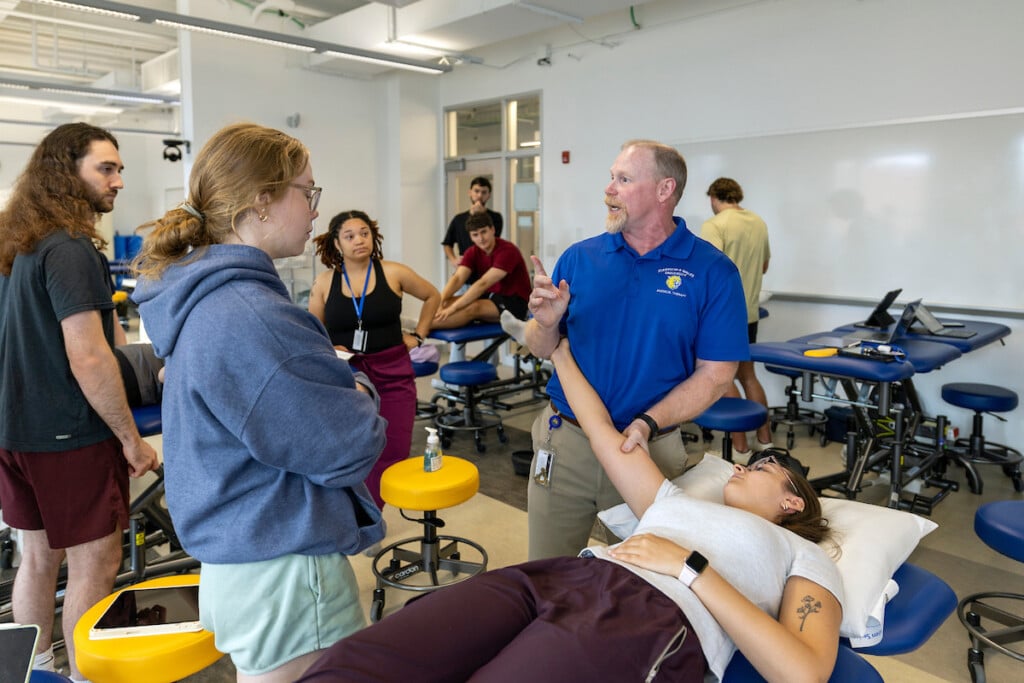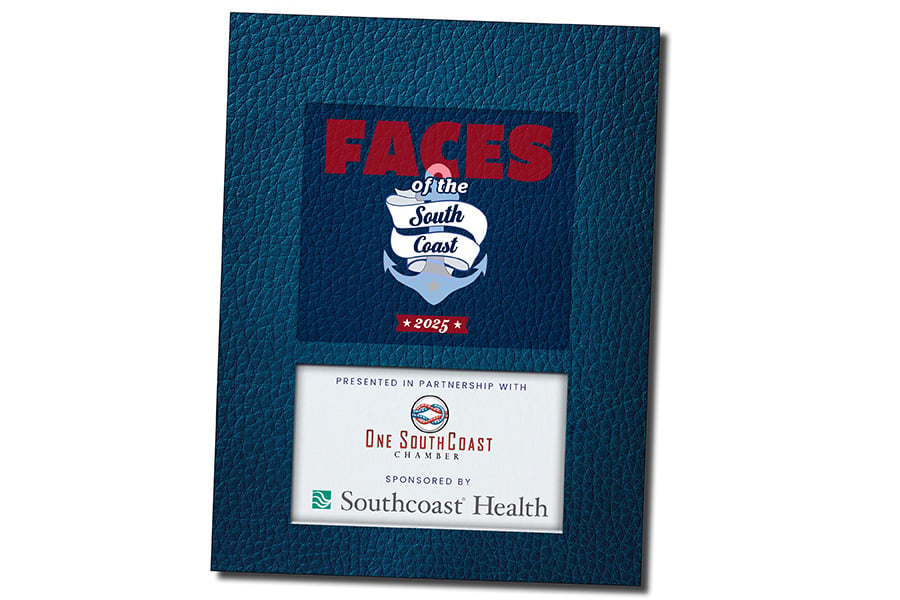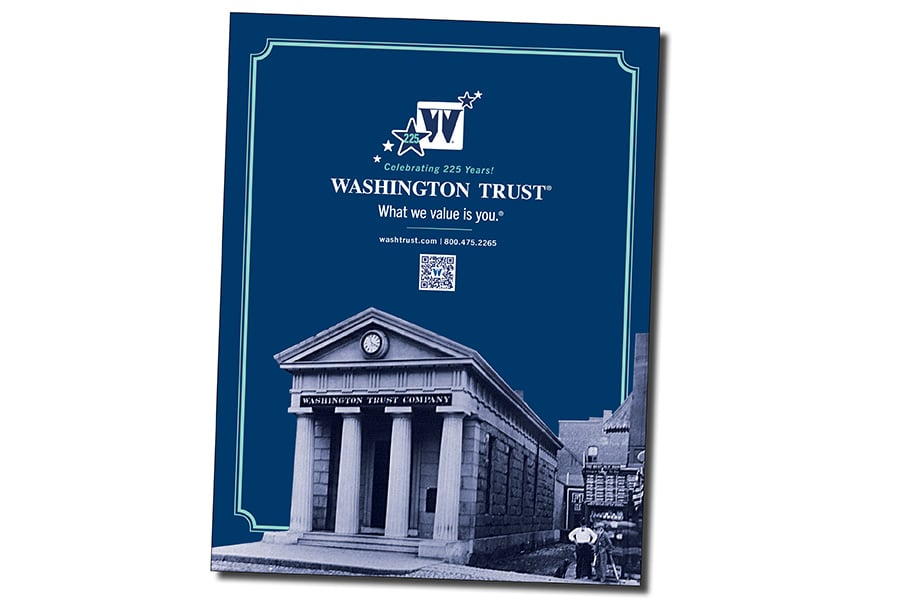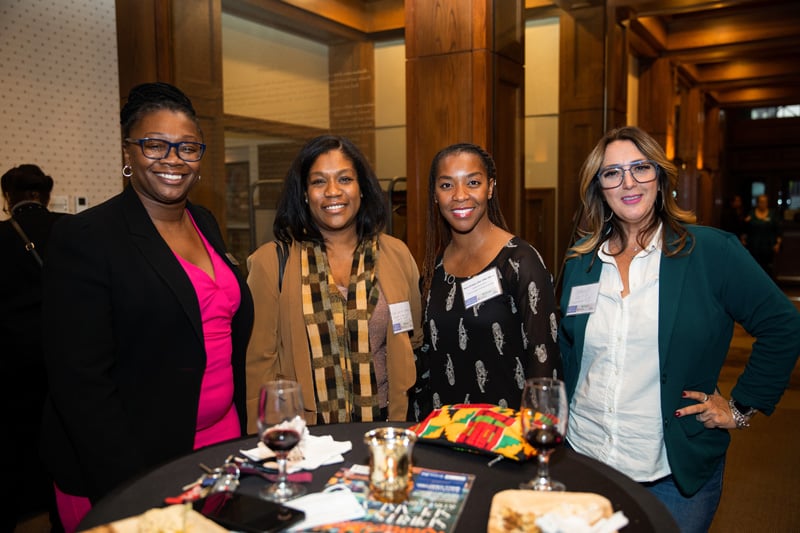The Metamorphosis of Butterfly Farm
Inside the evolution of one of Lincoln's last working farms.
Late one summer evening, the week before Fourth of July, a tornado whipped wings of destruction through Butterfly Farm in Lincoln. Several trees succumbed to the churning wind but no animals were hurt and the farm’s outbuildings remained intact.

The twin silos of Butterfly Farm, located on historic Great Road in Lincoln. Photography by Wolf Matthewson
“It could’ve been a lot worse,” says owner Dan Flynn, adding that one farm vehicle took the brunt of the storm — not a tractor or a pickup, but a dog show van Flynn uses to transport his prize-winning trainees across the region. The dog show circuit, and his farm-based canine obedience school, are just two ways in which Flynn is diversifying the farm’s offerings to ensure it survives another 120 years, no matter how quickly the winds of change whip around it.
Because, to Flynn — a thirty-eight-year-old, first-generation farmer — Butterfly Farm is so much more than a business. It’s part of the fabric of his hometown, it’s where he played as a child, and it’s where he has grown into his life’s most challenging work. And it’s only just begun.
Flynn and his farm’s silos, which greet passersby as they enter Lincoln’s historic gateway to Great Road, are among the last visible examples of the town’s agricultural past.
According to Blackstone Valley Historical Society records, as late as the 1960s, Lincoln was home to roughly 200 dairy farms, Butterfly Farm included. But, over the past seventy years, Lincoln’s landscape shifted from pastoral countryside to a different sort of quietude rooted in suburban comfort.
“The farm used to be called Mariposa Farm (Spanish for “butterfly”) and a smaller piece of it was connected to Hearthside House,” Flynn says, referencing the stone homestead next door, colloquially known as “The House That Love Built” — or, depending on your vantage point, “Heartbreak House.” Hearthside, built in 1810, was constructed by its owner with lottery earnings in hopes its grandeur would woo a city socialite into moving to the countryside. But Lincoln’s rolling farmland, corralled by historic stone walls, was too rural for the young lady, who declined his proposal.
Butterfly Farm’s first owners, Flynn says, may have been similarly disenchanted with the land.
“The Sayles family bought it as a tax write-off,” he says, referencing the textile empire family who bought the land in 1907. But when the neighbors next door, who owned the beloved Chase Farm, experienced a barn fire and had nowhere to milk their cows, they bought Butterfly Farm.

Butterfly Farm sells farm-fresh eggs, grass-fed beef, chicken, pork, flowers and vegetables at the farm stand on Great Road. Photography by Wolf Matthewson
“When the Chase family sold their dairy cows, the farms were separated again,” says Flynn. Butterfly Farm was then purchased by Gil and Betty Smith and, when they passed away, their daughter, Joyce, carried on their legacy.
In 1991, a few years after the Chase family gave their land to the town of Lincoln for $1 to preserve it as open space for generations to come, the Smiths sold the development rights to Butterfly Farm so it would never be sliced up for residential construction. Shortly thereafter, at around age six, Flynn found his first footing on the farm. Introduced by a family friend, a cousin of the Smiths’, Flynn spent carefree childhood days roaming the land.
“We’d run a little snack bar during Christmas tree tagging season with cider, pastries and candy,” he says, adding that the two boys ate up most of their profits. The Christmas tree crop kept the farm afloat year-round.

The farm’s staff, from left, Bella Ridge, Nikki Tyler, owner Dan Flynn and Mason Zonfrillo, help keep the farm running. Photography by Wolf Matthewson
His earliest days at the farm were the manifestation of a childhood obsession, Flynn says. His father, a former Lincoln town councilor, would drive him to the horse farms in town to look at the animals. Flynn had “every farm toy you can imagine” as a child, he says. And when he got a little older, those toys were traded for tools as he helped care for Butterfly Farm’s animals, grow flowers, sell Christmas trees, and perform general maintenance on the farm buildings.
The work informed his collegiate path to the University of Rhode Island, where he double majored in animal science and plant science. Upon graduation, he launched an all-natural garden design company that emphasized ecological balance in landscaping. He also worked as an animal science instructor at Bristol County Agricultural High School in Dighton, Massachusetts.
Then, he got word that Joyce Smith was looking to retire.
“Nobody had any idea she was ready to sell,” says Flynn. “I was twenty-seven at the time, and not planning on purchasing anything of that stature, but I told her, ‘I’m going to buy the farm.’ It was an extremely stressful process. I was teaching and bartending and putting every penny away that I could.”
He eventually amassed enough for a down payment on the $550,000, seventy-seven-acre property and, in 2016, it was his. Smith kept four acres and built a home for herself on that property — close enough for her to serve as a mentor as Flynn assumed ownership and made his mark. Inside the original barn, a sign denotes the year it was built: 1915, exactly 101 years before Flynn assumed ownership.
“I always loved the farm since I was a little kid, but I’m also passionate about the role it plays in the community,” he says. “I wanted to take that further and make it a home base for everyone to be able to go to their local farm.”
Flynn’s connection to the Lincoln community is evident around every bend, from small children shouting out “Hi, Farmer Dan!” as he trots on horseback down Great Road during the town’s annual Memorial Day parade to his successful GoFundMe campaign to fix the farm’s crumbling twin silos.
“The silos needed repair when I purchased the farm, but not horribly,” says Flynn. “One day I came home and there was a hole in one of the silos big enough for me to drive my car through. It was caving in.”
The silos, which Flynn could not afford to repair or clean up if they fell, no longer serve a functional role on the farm. In past incarnations, they held corn silage for animals; Flynn now runs a grass-fed and pasture-raised operation. But, to the people of Lincoln, the silos are a living relic and a reminder of what makes the town special. The GoFundMe campaign brought in more than $30,000 from members of the community.
What’s left to do, Flynn says, is to reinstall an American flag that spanned the silos for many years.
“The plan is still to put the flag back up,” he says. “Most people just think it’s a regular flag, but it was a metal frame with a thick wooden platform on it. The silos are in a valley, and the wind that goes up there is just incredible, so the flag kept hitting the silo. But we’ll find a way to make it work.”
It’s a mantra Flynn has repeated over the last several years of ownership, trying new ideas and rethinking old ones to ensure the farm’s survival. When he bought it, the farm primarily relied on Christmas tree sales in the winter and flower sales out of the rustic red farmstand in the summer.
But Flynn soon learned that model could no longer survive twenty-first-century challenges. The Christmas tree business can be an unstable one, with many lean yields due to warming winters, insect invasions and persistent fungal diseases.
“We knew we had to diversify so if something goes wrong, we have a backup plan,” Flynn says. “We’re always trying to expand and create new things.”

Flynn, who has trained dogs most of his life, teaches everything involving obedience training at the farm. Photography by Wolf Matthewson
First, Flynn leaned into dog training and breeding.
“I’ve been training dogs my whole life, but when I started the dog training program at the farm — during the fall I bought it, in 2016 — I was just helping friends with their dogs,” he says.
He’d host puppy kindergarten, confirmation breed handling, specialized scent work and agility courses, and one-on-one sessions with dogs of all backgrounds, from purebreds to rescues. At the same time, he was breeding golden retrievers and border collies as an American Kennel Club breeder of merit.
He then dipped a toe into showing dogs, including his own goldens and collies as well as clients’ dogs. Today, the dog show circuit takes him all over New England and down to Kentucky, Missouri and New York for the Westminster Dog Show, where he’s shown dogs four times.
All the while, he ramped up farm operations to expand offerings with the help of a small staff and scores of friends and family who volunteer. Nikki Tyler, a former Bristol Aggie student of Flynn’s who worked summers at Butterfly Farm while she earned her bachelor’s in animal science, manages the farm alongside him.
Their work begins the third week of February, when Flynn and his team begin veggie and flower starts in their greenhouses. At Easter time, hundreds of families descend on the farm for the annual egg hunt, a bring-your-own-basket affair where children search for colorful plastic eggs in the farm fields to tally up and exchange for candy, stickers, temporary tattoos and other prizes. At the end of their hunt, kids spread out on picnic blankets to assess their cache and stroll over to greet the horses, pigs, sheep, cows, chickens, donkeys and other farm animals. Parents refuel on food truck coffee, snacks and locally made products from vendor booths.
Later in the spring, the farm offers pick-your-own tulips and, by the end of April, the farmstand opens for flowers and plant starts. During the last couple of weeks of June, the farmstand offers veggies.
Recently, Flynn partnered with Providence-based floral design studio Semia and floral wholesaler the Floral Reserve, both owned by Semia Dunne, a Lincoln native. Dunne uses cut flowers from the farm, as well as shrubbery and other textural elements, in her designs. Her bouquets are also available for purchase in the farmstand.
As summer goes on, the farm has pick-your-own sunflowers and a Sunflower Festival, as well as Blooms and Brews, a night event at sunset in the sunflower field with drinks and live music.
On Sept. 7, the farm’s grass-fed beef — which is available via online order — is on display at the Burger Bash. Autumn ushers in Fall Fest, which includes vendors, hayrides, pumpkin picking and Christmas tree tagging during weekends in October. Christmas tree pickup falls after Thanksgiving and continues through mid-December. In January, Flynn and his team take a deep breath before starting again.
It’s a ton of work, Flynn says, but agritourism is critical to the farm’s success. School-age kids visit on field trips, and the farm hosts weddings in between its own schedule of events. He also gets a sense of satisfaction out of seeing visitors explore the land that he’s admired since he was a small child.
“My favorite part is providing resources for the area — for helping to really build a sense of community,” he says.

Ginger the donkey protects the sheep from predators, such as coyotes. Photography by Wolf Matthewson
On the rare quiet evening, Flynn takes out his horse and gallops his property and nearby Chase Farm, reacquainting with a place that will always be familiar yet remains awe-inspiring in its beauty.
“When I have the time, I also like to sit back and watch the livestock interact out in the fields,” he says, a source of calm that reminds him of trips to the horse farms with his dad, way back when. Then reality sets in, and he remembers all the work he must do before the day ends.
“It’s hard to learn not to do that,” he says with a laugh.
And, before he knows it, the next day begins.




































